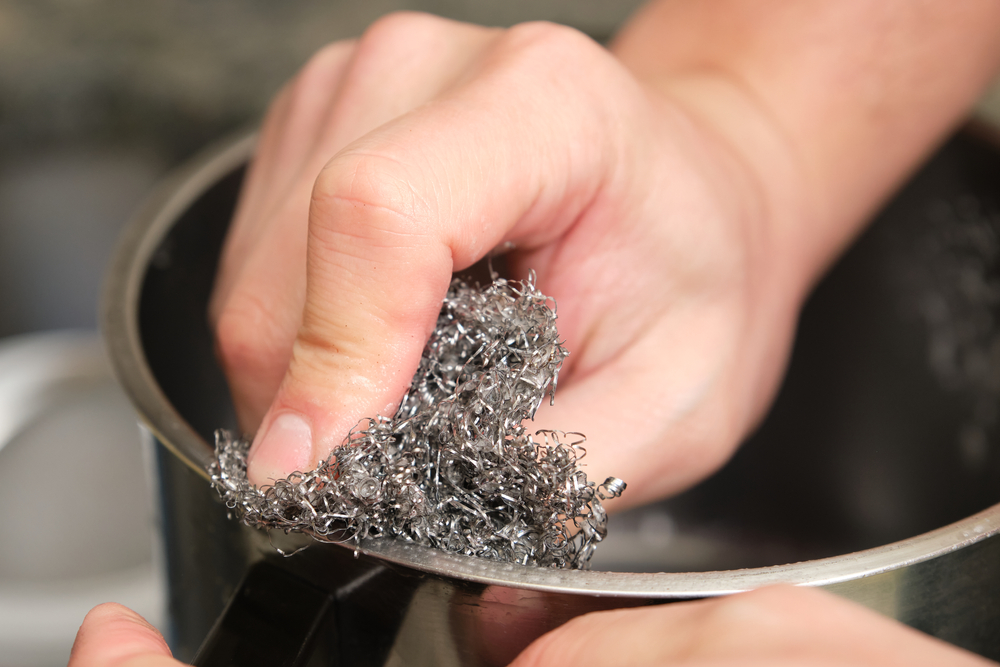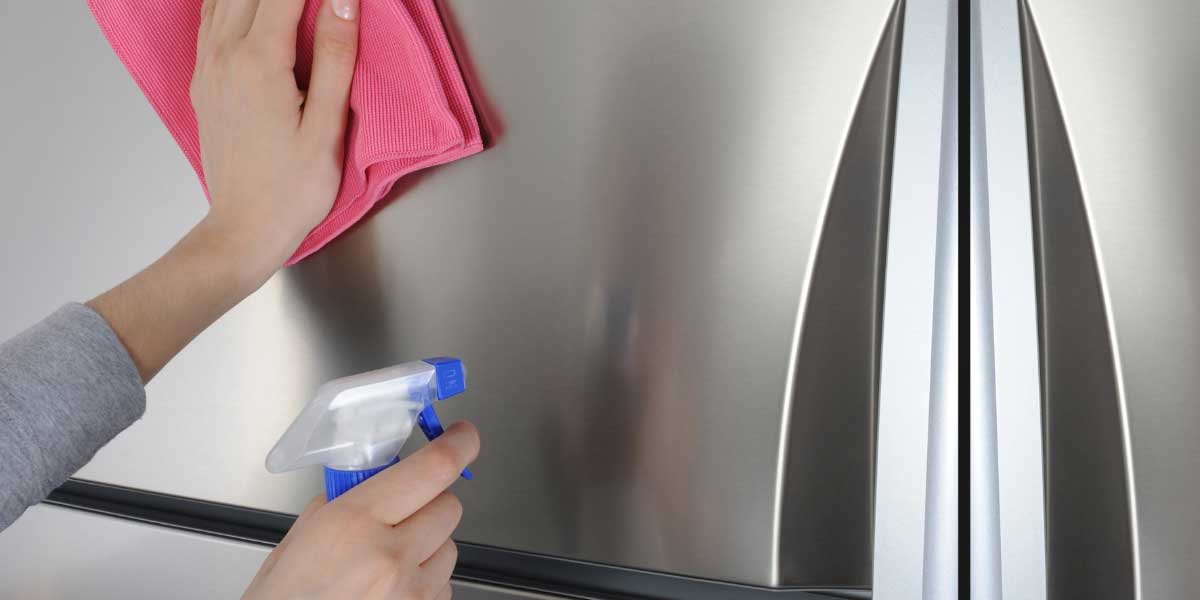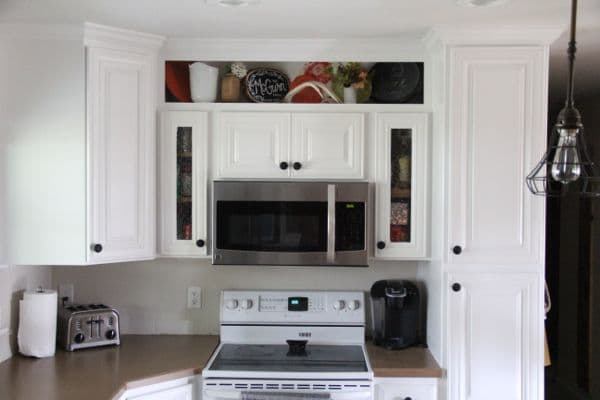Stainless steel is a durable material that is used for a variety of applications in the home and in industry. It is important to understand what should and should not be used on stainless steel in order to keep it looking its best and to avoid damaging the material. Some common items that should not be used on stainless steel include harsh chemicals, abrasives, and steel wool. These items can cause scratches, discoloration, and corrosion which can lead to a decrease in the life and performance of stainless steel surfaces. It is important to always use the appropriate cleaning and maintenance products for stainless steel to ensure it remains in top condition.

Overview of Stainless Steel
Stainless steel is a highly durable and versatile material that offers a wide range of applications. It is corrosion-resistant, has a low maintenance requirement, and is durable enough to handle extreme temperatures. Stainless steel is available in a variety of grades and finishes to suit the needs of different industries and applications. It is used in a variety of products from cutlery to medical equipment, and its properties make it an ideal choice for many applications. Whether you are looking for a reliable and strong material or something with a unique aesthetic, stainless steel is the perfect choice.
Proper Cleaning and Maintenance Techniques
Proper cleaning and maintenance techniques are essential for any home or business. These techniques help to prolong the life of valuable assets, reduce the spread of germs and bacteria, and ensure a safe and hygienic environment. By regularly cleaning and maintaining your home or business you can reduce the risk of harm to you, your family, or your customers, and maintain the overall condition of the property. With the right cleaning products, techniques, and schedules, you can ensure that your property is kept in top condition. Proper cleaning and maintenance techniques can also help to reduce energy costs and save time, making it an ideal practice for any homeowner or business owner.
Common Mistakes to Avoid
When it comes to blogging, there are many common mistakes that can be easily avoided. From incorrect grammar and spelling to keyword stuffing and not having a clear structure, these mistakes can quickly turn readers away. To ensure your blog posts are effective, it is important to use correct grammar and spelling, keep your content organized, and do your research to ensure accuracy. Furthermore, it is essential to utilize relevant keywords to optimize your content for search engines but make sure to not overstuff. Lastly, be sure to proofread your content before publishing for any typos or errors. By avoiding these common mistakes when blogging, you can ensure your posts are successful.
Corrosion and Rust Prevention
Corrosion and Rust Prevention is a critical part of any maintenance program. Taking proactive steps to prevent corrosion and rusting of metal surfaces can help extend their life, reduce downtime, and save money in the long run. Corrosion and rust prevention methods can include the use of coatings, anti-corrosion agents, and proper storage and handling of metal surfaces. It is important to use the right product for the specific application and to ensure proper surface preparation before application. With the right preventative measures, corrosion and rusting can be controlled and the life of metal surfaces extended.
Chemical Reactions to Avoid
Chemical reactions are a part of everyday life, yet some can be extremely dangerous and should be avoided. From the simple mixing of household cleaners to the creation of homemade explosives, there are a variety of chemical reactions that can be hazardous to your health and the environment. Understanding the basics of chemical reactions and what should be avoided can help to ensure safety and avoid any potential accidents. Always wear protective gear, such as gloves and goggles, and ensure all containers are clearly labeled. Be sure to mix chemicals in a well-ventilated area, and never combine different types of chemicals without proper training and understanding of the reaction. To stay safe, it is important to be aware of the potential dangers of chemical reactions and to avoid them when possible.
Protective Coatings and Finishes
Protective coatings and finishes are a great way to protect surfaces from wear and tear. They create a barrier of protection, shielding the surface from the elements and everyday wear and tear. Protective coatings and finishes can be applied to a variety of surfaces, from metal to wood to concrete. There are numerous types of protective coatings and finishes, ranging from acrylics, urethanes, and polyurethanes, to epoxies, lacquers, and enamels. Each type offers different levels of protection and durability, allowing you to choose the ideal product for your specific needs. With the right protective coating or finish, you can keep your surfaces looking great and performing optimally for years to come.
Special Considerations for Food Preparation
Food preparation can be a tricky business. Not only is it necessary to ensure that all ingredients are fresh and properly stored, but there are also special considerations to take into account when it comes to food safety and proper cooking techniques. It’s important to consider the type of food being prepared, the temperature of the cooking environment, and any additional allergies or dietary restrictions. Taking the time to review these factors can save time and hassle when it comes to meal preparation. Additionally, be sure to always wash your hands before and after handling food, and to always use clean utensils and surfaces. With these tips in mind, you can be sure to prepare a delicious and safe meal every time.
Conclusion
It is important to be aware of what items and substances should not be used on stainless steel in order to protect its longevity and durability. When caring for stainless steel, it is important to avoid using abrasive cleaners, steel wool, bleach, ammonia, and acidic cleaners as these can cause corrosion, discoloration, and damage. It is also important to avoid using chlorine-based cleaners, which can also cause damage to the metal. Taking these measures can help ensure the longevity and durability of stainless steel.


